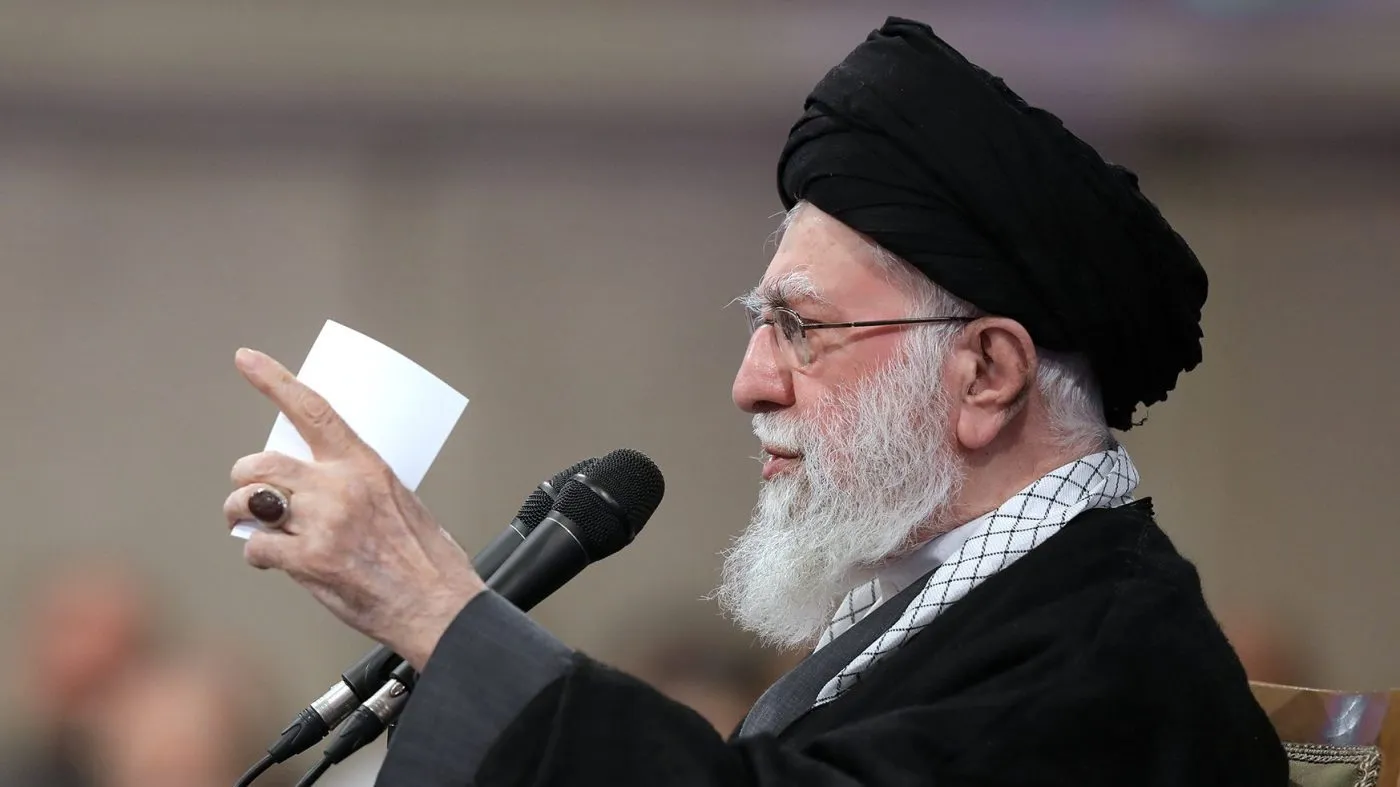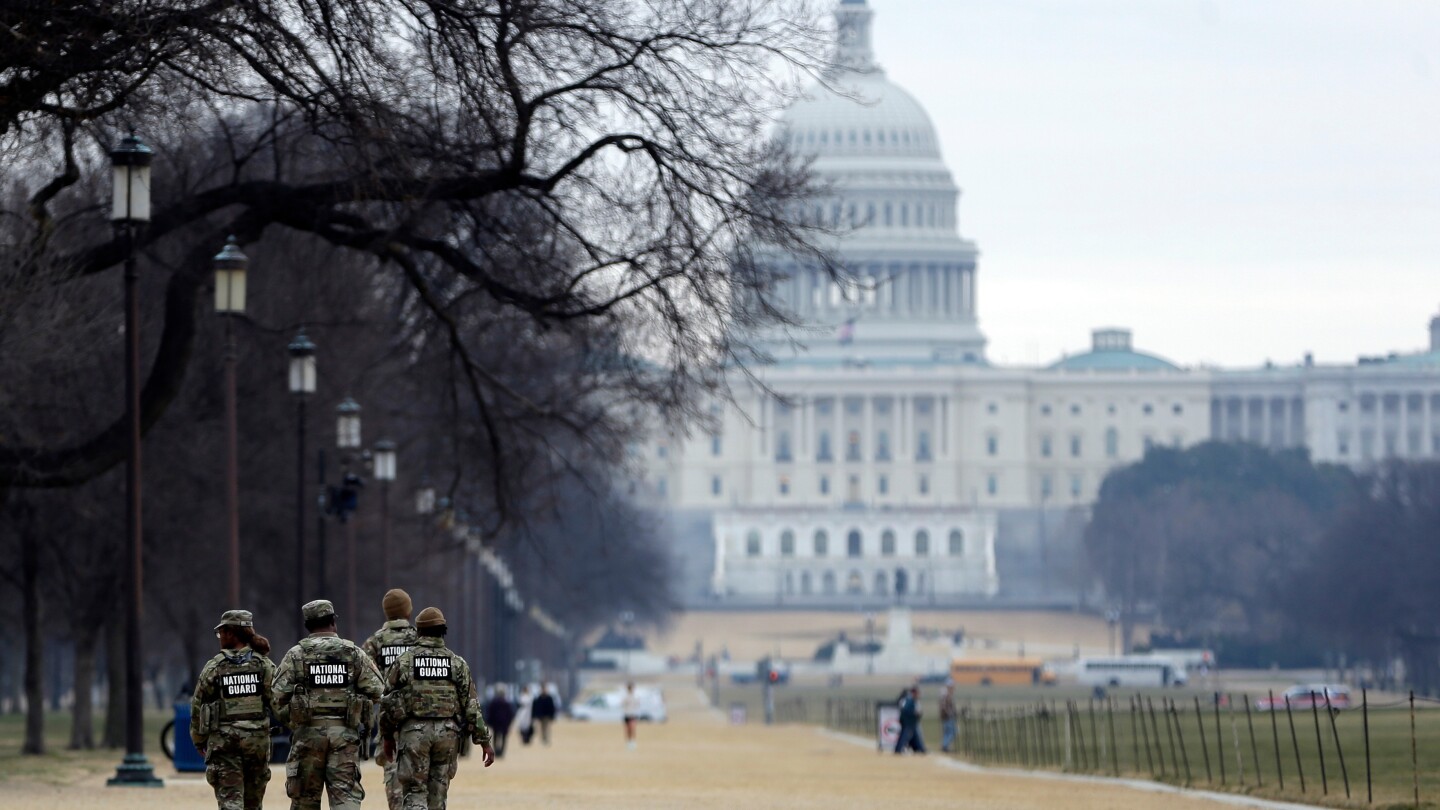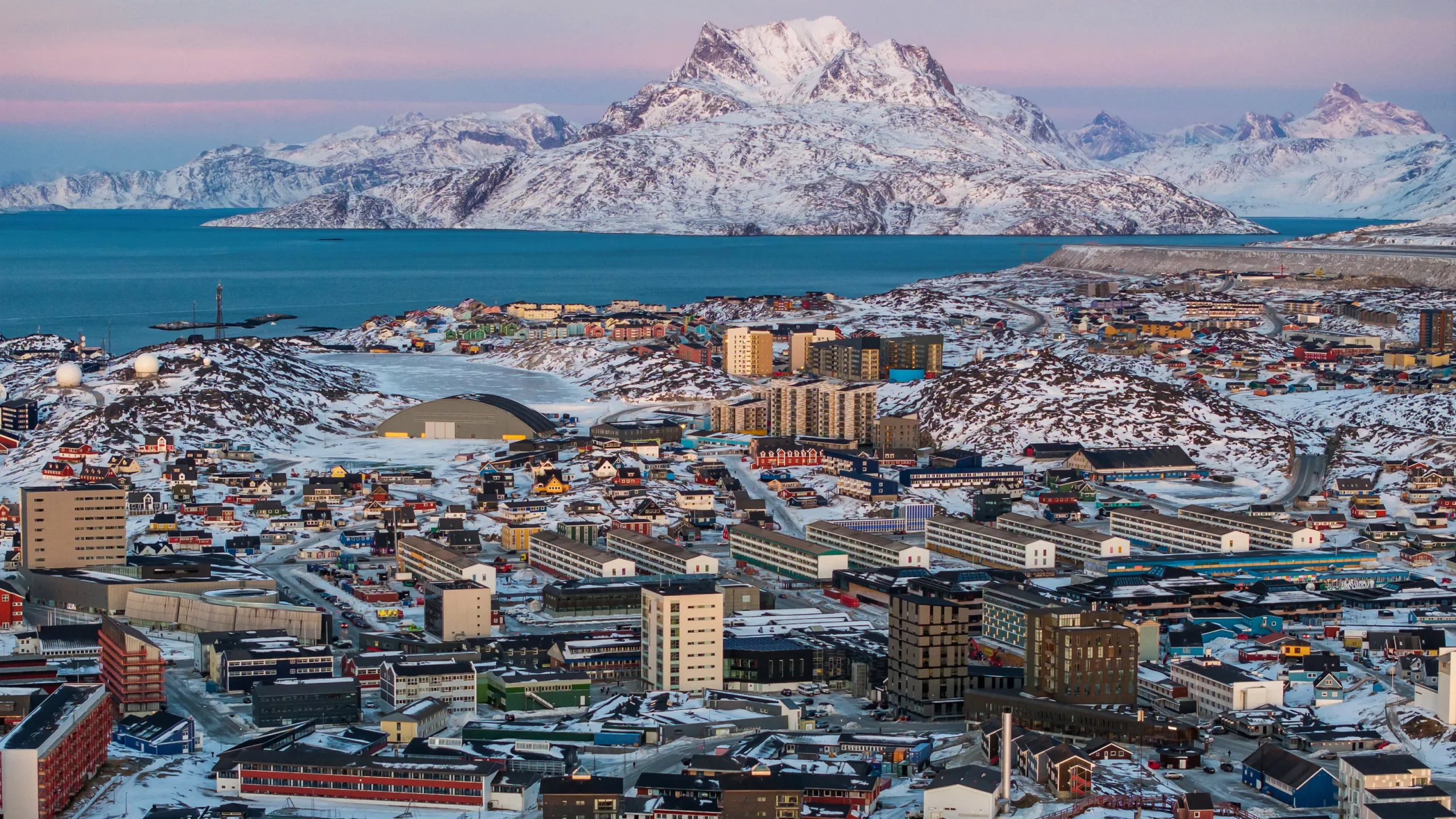Iran is trying to source uranium from West Africa, signaling a further expansion of the nuclear program that has long rattled states in the West.
Despite continued scrutiny and multiple efforts at curtailment, Iran still hosts one of the most advanced nuclear programs in the world, and reports have emerged that the country’s weapons program is gaining steam. One expert told Newsweek that, while the country has not definitively begun weaponizing its nuclear capabilities, continued attempts to boost its enriched stockpile should raise concern.
Dr. Olayinka Ajala, a West African geopolitical analyst and professor at Leeds Beckett University, revealed that Iran may be attempting to take advantage of political turmoil in Niger to increase its supply of uranium.
In an interview with National Security News, Ajala said: “There have been rumors that Iran is actively seeking mining licenses in Niger to enrich their nuclear facilities in Iran.”
This concern stems from an overhaul in the country’s leadership, and questions over who will be able to access the vast reserves of uranium beneath Niger.
In July 2023, Niger’s presidential guard detained President Mohamed Bazoum, after which General Abdourahamane Tchiani declared himself the country’s leader, inaugurating a new period of military rule.
Since the coup, which was allegedly supported by the Russian Wagner Group, the country has moved away from its historic alliance with the U.S. and its allies, and begun fostering partnerships with Russia and Iran.
On June 20, Niger revoked the operating license of French nuclear fuel producer Orano, at the Imouraren mine in the north of the country.
Earlier in June, Iran aroused concerns in Washington, after the International Atomic Energy Agency revealed that the country had begun enriching uranium at new advanced centrifuges in Natanz.
The U.K. Foreign Office responded to Newsweek’s request for comment.
“We’ve been clear that Iran must never develop a nuclear weapon and have long called for Iran to reverse its deeply concerning nuclear activities.”
Darya Dolzikova is a research fellow specializing in proliferation and nuclear policy at the Royal United Services Institute, and spoke to Newsweek about the evolution of the Iranian nuclear program.
“Iran has a very advanced nuclear program but I have not seen in public sources any information or assessments that would indicate that Iran has made a decision to weaponise that programme. Nor do I think that weaponisation is inevitable,” Dolzikova said. “Having said that, the advanced state of the program – namely, the levels of uranium enrichment and the increasing enriched uranium stockpiles – is concerning and raises questions over Iranian intentions.”
Last week, U.S. Secretary of State Antony Blinken announced a new set of sanctions against the country, in response to Iranian attempts “to increase its enrichment capacity” and its “continued failure to cooperate with the IAEA.”
“Iran has announced steps to further expand its nuclear program in ways that have no credible peaceful purpose,” Blinken’s statement read.
Newsweek has contacted the U.S. State Department by email for comment.
However, Dolzikova said she was unconvinced that the current set of Western sanctions will be sufficient to force Iran to change course.
“While I think it remains important to maintain economic pressure on Iran through both multilateral and unilateral sanctions, I’m not convinced that sanctions are as effective of a tool to influence Iranian thinking as they had been ten or eleven years ago.
“An increasing number of countries – particularly in the global south, but not only – are much less willing now to join into US efforts to increase economic and diplomatic pressure on Iran, which undermines somewhat efforts to squeeze Iran economically to try and alter Iranian behavior.”
Iran is currently trying to deepen its economic and strategic ties with countries other than Niger, including Sudan, Mali, Burkina Faso, and several other countries of the Sahel.




